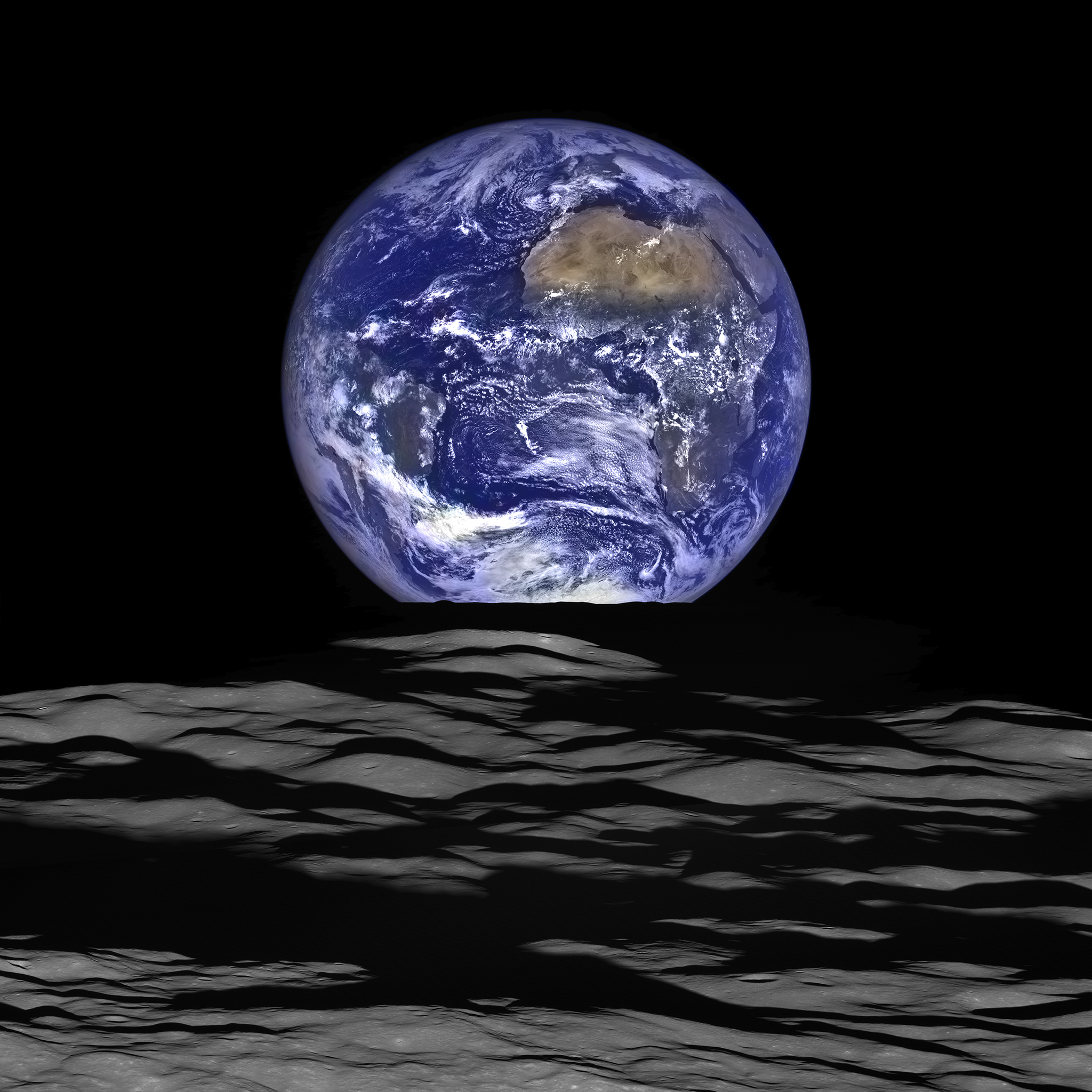Displaying items by tag: energy consumption
HBG Program: Cryptocurrencies and Climate Change Casualties
KNOXVILLE — John Nolt, a member of the Sierra Club’s Harvey Broome Group executive committee and professor emeritus in philosophy at the University of Tennessee, will present a program about cryptocurrencies and their detrimental long-term effects on the environment. Cryptocurrency “mines” (data centers, really) pull enormous quantities of power from the electrical grid.
Thus they are attracted to states like Tennessee where electric power is relatively cheap.
The event is set for 7-8:30 p.m. June 11 at the Tennessee Valley Unitarian Universalist Church, 2931 Kingston Pike, Knoxville.
KUB and SACE provide a guide to a home efficiency uplift
KNOXVILLE — Are you looking to take control of your utility bills to not only save money but also breathe easier knowing your home is healthier and more comfortable? Join us this Wednesday, May 17, from 6-8 PM for a free workshop to learn about newly available, once-in-a-generation funding, resources, and rebates that everyone can benefit from, regardless of if you own or rent your home, or if you have high or low income, through local and federal funds.
KUB is providing free (yes, free) home energy improvements for income-eligible customers through the Home Uplift program. New or repaired HVAC units, attic and wall insulation, appliances, and electric water heaters are just a few of the home energy upgrades that you may receive. Plus, professional crews are ready and waiting to do the work so you don’t have to.
— Southern Alliance for Clean Energy
You’ve got the whole world in your hands

Personal climate-change remedies have a wide cumulative impact and are part of the solution, so don’t give up
Tom Ptak is assistant professor of Geography and Environmental Studies at Texas State University. This story was originally published by The Conversation.
The average American’s everyday interactions with energy sources are limited. They range from turning appliances on or off, to commuting, to paying utility bills.
The connections between those acts and rising global temperatures may seem distant.
However, individuals hold many keys to unlocking solutions to climate change — the biggest challenge our species currently faces — which is perhaps why the fossil fuel industry spent decades misleading and misinforming the public about it.
I’m an assistant professor of geography and environmental studies at Texas State University. My research explores how geography affects the complex relationships between societies, energy and contemporary environmental challenges. I’ve found that the human element is critical for developing creative, effective and sustainable solutions to climate challenges.
There’s a large and growing body of evidence showing that individuals can have a major impact on climate change in a number of ways. Citizen action can compel utilities to increase renewable energy and governments to enact strong climate action laws. When enough individuals make changes that lower daily household energy consumption, huge emissions reductions can result. Consumer demand can compel businesses to pursue climate and environmental sustainability.
These actions combined could bridge the “emissions gap”: the significant difference between the greenhouse gas emissions expected globally and how much they need to drop in the next few decades to avoid catastrophic climate change.
- climate change
- individual action
- personal responsibility
- energy consumption
- energy conservation
- geoengineering
- consumer choice
- consumer demand
- citizen action
- citizen participation
- public participation
- climate leadership
- emission reduction
- collective action
- carbon emission
- renewable energy
- energy efficiency
- fuel consumption
- weatherization
- energy use
